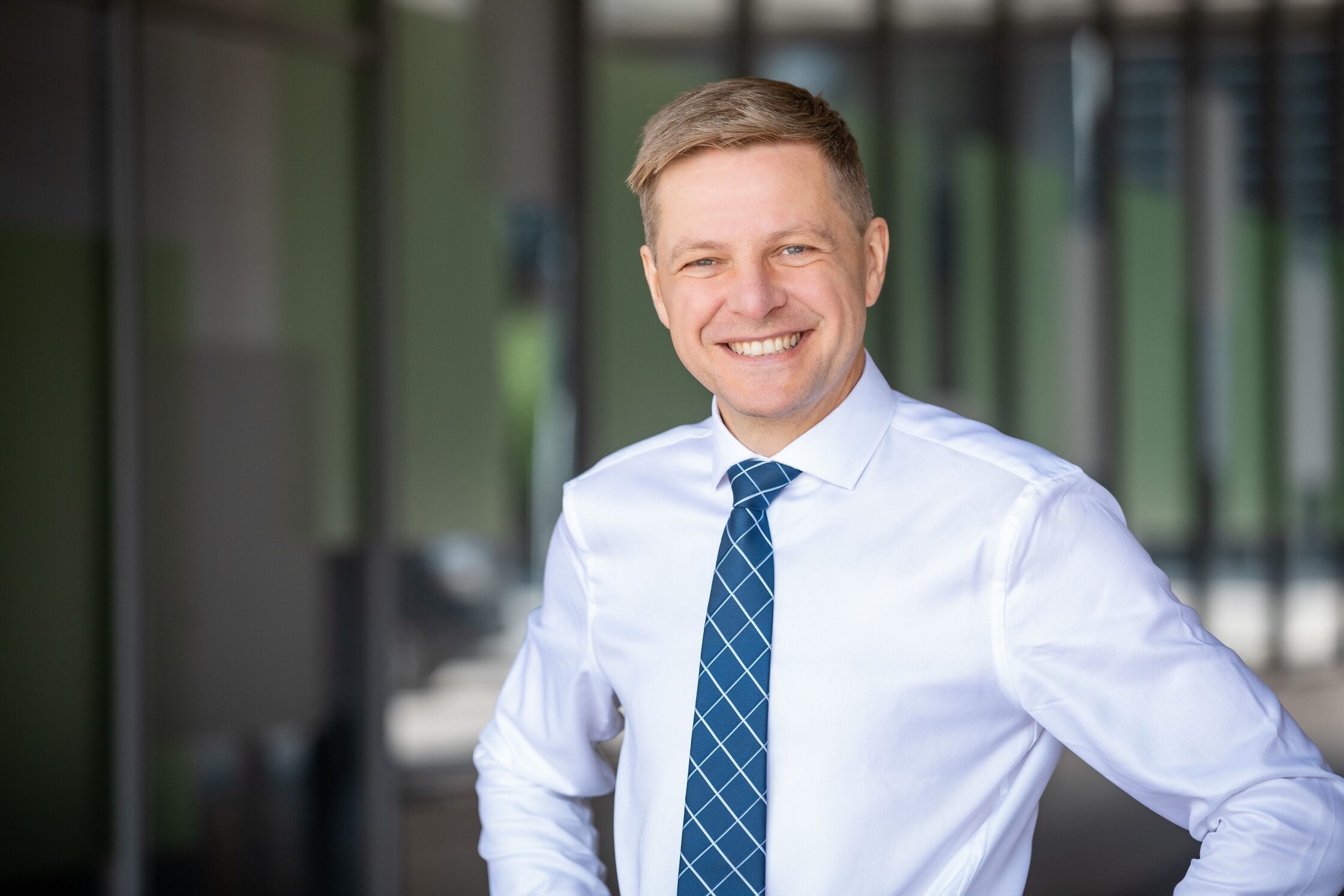The capital of Lithuania, Vilnius (584,000 inhabitants), is Efus’ newest member. We met with Mayor Remigijus Šimašius.
Vilnius has recently joined Efus. What do you expect from being a member?
Remigijus Šimašius: Vilnius’ strategic development plan for the period 2021-2030 focuses on the following key security-related aspects: the protection of public spaces, information systems and infrastructure, personal data and privacy. Our vision is to make Vilnius ‘the safest capital of Europe’ and we are keen to learn about other European cities’ experience in developing an effective model for managing crisis situations, using technologies to strengthen security, setting up inter-institutional legal databases, reinforcing cybersecurity, and involving local communities in the security of the city.
Becoming a member of Efus will allow us to learn about the application of smart technologies in urban security, the prevention of dangerous behaviours, the management of large crowds and events, the management of nightlife, and the prevention of violence against women and among young people. Moreover, this will also help us to establish and manage public-private partnerships.
What are the key security challenges faced by Vilnius, and who are the main actors that can contribute to responding to these challenges?
Even though the security situation in Vilnius is quite positive, we want to pay more attention to it, as well as expand the scope of security management and focus on preventive and proactive measures.
In order to increase the city’s resilience, we have set four objectives:
- in the physical space: to actively increase the city’s resilience to threats through the use of technology;
- in what we call the ‘electronic space’: to strengthen the resilience of our electronic systems at the service of citizens, and to improve the provision of services;
- in what we call the ‘psychological space’: to increase the psychological security of local residents and visitors;
- in what we call the ‘biological space’: to create a clean natural environment, thus rendering it more secure.
We are looking for the most effective solutions by exchanging with all the relevant stakeholders.
Although it is yet to be discovered by many European citizens, Vilnius has an interesting and evolving night scene. Together with Efus, your city is also a partner in the EU-funded SHINE project. Led by the Centre for Crime Prevention in Lithuania (NPLC), it aims to prevent and mitigate sexual harassment in nightlife entertainment venues. How does the city approach nightlife in terms of urban security?
Indeed, the night economy is one of our priorities and we set up in 2019 a Night Economy Commission, which gathers experts who advise us on night management issues. They delivered a policy programme that was approved by the municipality in late 2021 and which aims, among other things, to tackle discrimination and sexual harassment. As per this programme, we are planning to deliver training sessions for bar and other nightlife venue staff and to raise awareness through social media campaigns.
The programme also includes measures to develop cultural activities as we are keen to have a more diverse and rich nightlife. Furthermore, we will adapt nightclubs to people with disabilities, and we will involve bars and other nightlife venues in harm reduction schemes regarding drugs, notably through a corporate social responsibility programme titled Beyond the Bar.





